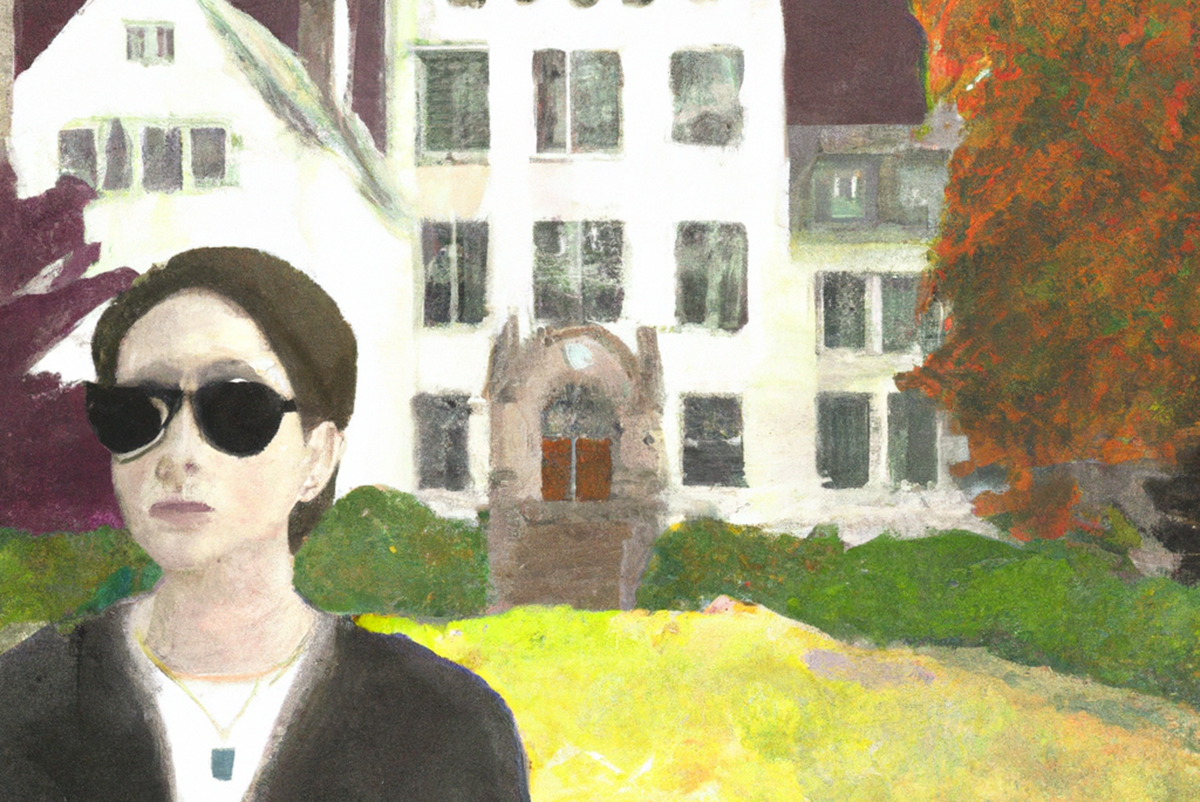As a history teacher, I’m also skeptical about the use of AI for deeper historical analysis, for a simple reason: Humans are not algorithms. Despite what many nonhistorians believe, human behavior is not easily predictable. Indeed, that’s what makes the study of history so interesting; humans over time have made surprising, impressive, disappointing, maddening and fascinating decisions, some of which parallel the actions of their predecessors and some of which are unique. I want my students to study these people of the past closely, dig into the details of their decisions, and understand how the world around them shaped their actions; it’s not clear to me that a predictive algorithm can inspect the specifics of the past with this level of rigor.
This does not mean that I plan to forever ban AI from the classroom; like any technology tool, it has its uses. I’ve found that it provides good basic descriptions of historical events, for example, not unlike an encyclopedia (or Wikipedia, for that matter). But just like our math teachers who still insist that certain assessments are “no calculators allowed,” I want my students to recognize the errors and flaws that can occur if one is not using the technology carefully. I’d love to see my students annotate a ChatGPT-written essay, for example, using the margins to add evidence or critique its claims. While it’s important to learn how to use the technology, it’s just as important to develop the analytical skills to recognize when the technology is incorrect, the same way students might punch the wrong numbers into a calculator but know enough math to realize they made an error.
My most important goal as a teacher is to get my students to think, and I’ll keep striving to create assessments and provide feedback to sharpen their thinking, so that when they use AI technology, they can use it well and avoid its pitfalls. Even if that means I’ll still have that stack of essays to grade.
Betty Luther-Hillman is the Lewis Perry Professor in the Humanities and an instructor in history. She has taught at Exeter since 2011 after earning a Ph.D. in history from Yale University.
This essay was first published in the Fall 2023 issue of The Exeter Bulletin.

